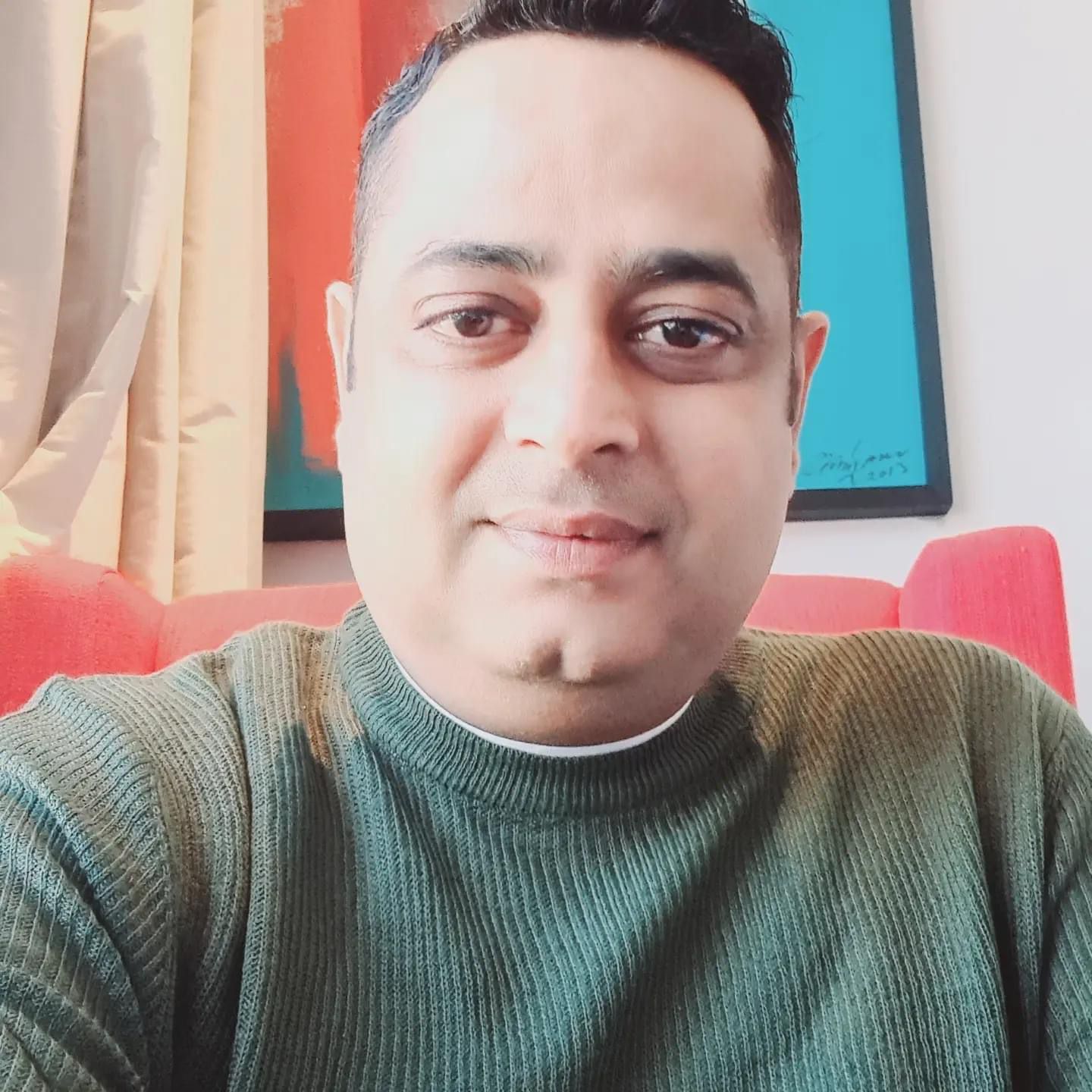Overview of Power of Attorney
A Power of attorney is a crucial Document amongst various legally important Documents for giving authority to some person to do/manage a certain act, property, finances, business or medical affairs, etc on behalf of the real owner. There are two parties to an agreement of power of attorney. The person who makes a PoA and appoints another person to act on his/her behalf is called a principal/ donor/ grantor and the person to whom such authority is given is called an agent or a power of attorney holder.
It depends on the principal to give extensive or limited rights to the attorney holder with regard to decision-making of the work/responsibility given to him.
Types of Power of Attorney
The power of attorney is categorized into 4 types based on the level of responsibility being delegated to the holder. These are as follows:
Conventional Power of Attorney
A conventional power of attorney is called a general power of attorney or limited power of attorney. Under this, the power given to the attorney holder is limited to performing acts not prohibited by law and principal. It is given for a specified period of time. An attorney holder has the right to make personal and business decisions under this type.
For example: The principal can give a right to the agent for selling a plot owned by him on behalf of him when he is not in the city.
Durable Power of Attorney
Such a power of attorney is drawn in favour of an agent for the lifetime of a principal. Under this type, the agent has the authority to take decisions on behalf of the principal in cases the principal becomes incapable of taking such decisions on his own. A durable power of attorney comes to an end after the principal has died or the same has been cancelled by the principal himself.
For example: A principal can appoint an agent for managing his business finances.
Springing Power of Attorney
This type of power of attorney gives power to the agent to act on behalf of the principal for an event, time period or condition. The agent has the right to act on behalf of the principal when the principal losses his legal capacity to perform an act.
For example: If an armed personnel has a duty to protect the nation by living overseas for a specific time, he can appoint an agent for the purposes of managing his finances for such a period.
Medical Power of Attorney
This type of PoA comes under both a springing PoA and a durable PoA. A principal makes a medical power of attorney for healthcare purposes. Such a PoA comes into effect only after the principal becomes incapable due to unsound mind and body.
For example: An agent has the right to pay off the principal’s medical expenses.
A Person Eligible to Become a Power of Attorney Holder
It is very important for a principal to choose a trustworthy power of attorney holder for the desired purpose. Thus, a person to become a power of attorney holder has to be:
- A major (a person who has attained the age of 18 years)
- A person having a sound mind
Even if a person qualifies for the above-stated criteria, it is important to consider other attributes of the person such as his character and values. The person who is being chosen as an agent must have good decision-making skills without spending much time.
The appointed agent should not mix his personal bank account details with the principal’s account details. The agent should not enter into agreements which might create a conflict of interest.
Can a Principal Appoint More than One Agent?
Yes, a principal or a grantor has the right to appoint more than one power of attorney holder. The principal can define the powers of all the attorney holders with regard to joint and separate decision making authority.
If a person appoints multiple agents for a purpose, it will help him in making a good decision after considering all the perspectives of the agents. It helps in ascertaining the advantages and disadvantages while making a decision. However, the appointment of multiple agents might affect the decision-making negatively as the opinion of all the agents with regard to a specific topic might differ and cause delays in making a crucial decision.
Also, a prudent person might appoint multiple agents as a backup if any of the agents falls sick or is unable to perform his duties.



























